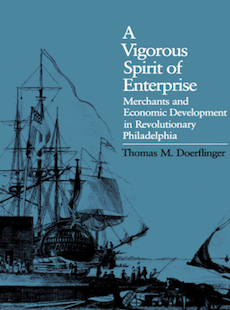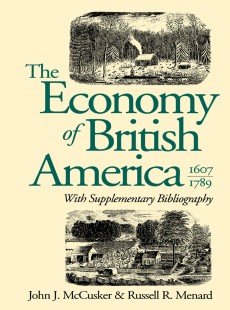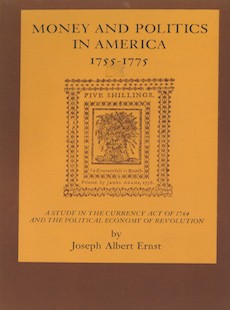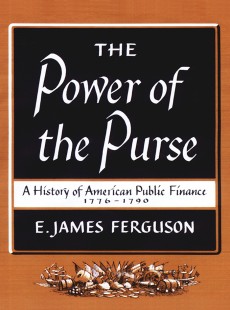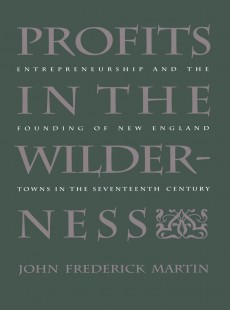
Profits in the Wilderness
Entrepreneurship and the Founding of New England Towns in the Seventeenth Century
John Frederick Martin
 Publisher: Omohundro Institute
Publisher: Omohundro Institute
Imprint: OIEAHC
Published: 12/1991
Reprint: 1991
Pages: 384
Subject: Business & Economic History,Colonial, Revolutionary Era & Early American History
Paperback ISBN: 9780807843468
eBook ISBN: 9781469600031
DESCRIPTION
In examining the founding of New England towns during the seventeenth century, John Frederick Martin investigates an old subject with fresh insight. Whereas most historians emphasize communalism and absence of commerce in the seventeenth century, Martin demonstrates that colonists sought profits in town-founding, that town founders used business corporations to organize themselves into landholding bodies, and that multiple and absentee landholding was common.
In reviewing some sixty towns and the activities of one hundred town founders, Martin finds that many town residents were excluded from owning common lands and from voting. It was not until the end of the seventeenth century, when proprietors separated from towns, that town institutions emerged as fully public entities for the first time.
Martin's study will challenge historians to rethink not only social history but also the cultural history of early New England. Instead of taking sides in the long-standing debate between Puritan scholars and business historians, Martin identifies strains within Puritanism and the rest of the colonists' culture that both discouraged and encouraged land commerce, both supported and undermined communalism, both hindered and hastened development of the wilderness. Rather than portray colonists one-dimensionally, Martin analyzes how several different and competing ethics coexisted within a single, complex, and vibrant New England culture.
ABOUT THE AUTHOR
John Frederick Martin received his Ph.D. in history from Harvard University and is an independent scholar affiliated with The Bancroft Group in Washington, D.C.
REVIEWS
"Takes the lead in bringing the history of colonial New England and Puritan colonization back into the mainstream. It is bound to be controversial."
--Karen O. Kupperman
"Opens a new prospect upon the most venerable subject in colonial social history, the first century of New England's towns."
--Charles L. Cohen
RELATED TITLES


